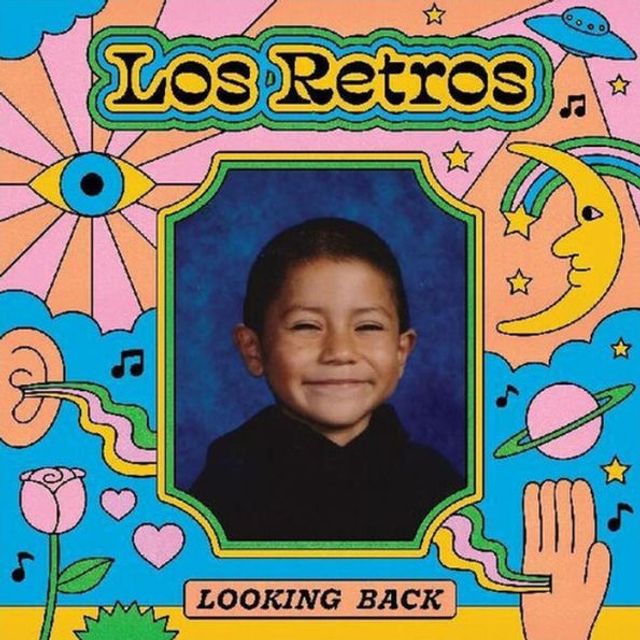Home
The Right to Play Oneself: Looking Back on Documentary Film
Barnes and Noble
The Right to Play Oneself: Looking Back on Documentary Film
Current price: $27.50


Barnes and Noble
The Right to Play Oneself: Looking Back on Documentary Film
Current price: $27.50
Size: OS
Loading Inventory...
*Product information may vary - to confirm product availability, pricing, shipping and return information please contact Barnes and Noble
The Right to Play Oneself
collects for the first time Thomas Waugh’s essays on the politics, history, and aesthetics of documentary film, written between 1974 and 2008. The title, inspired by Walter Benjamin’s and Joris Ivens’s manifestos of “committed” documentary from the 19 0s, reflects the book’s theme of the political potential of documentary for representing the democratic performance of citizens and artists.
Waugh analyzes an eclectic international selection of films and issues from the 1920s to the present day. The essays provide a transcultural focus, moving from documentaries of the industrialized societies of North America and Europe to those of 1980s India and addressing such canonical directors as Dziga Vertov, Emile de Antonio, Barbara Hammer, Rosa von Praunheim, and Anand Patwardhan. Woven through the volume is the relationship of the documentary with the history of the Left, including discussions of LGBT documentary pioneers and the firebrand collectives that changed the history of documentary, such as Challenge for Change and ACT UP’s Women’s Collective.
Together with the introduction by the author, Waugh’s essays advance a defiantly and persuasively personal point of view on the history and significance of documentary film.
collects for the first time Thomas Waugh’s essays on the politics, history, and aesthetics of documentary film, written between 1974 and 2008. The title, inspired by Walter Benjamin’s and Joris Ivens’s manifestos of “committed” documentary from the 19 0s, reflects the book’s theme of the political potential of documentary for representing the democratic performance of citizens and artists.
Waugh analyzes an eclectic international selection of films and issues from the 1920s to the present day. The essays provide a transcultural focus, moving from documentaries of the industrialized societies of North America and Europe to those of 1980s India and addressing such canonical directors as Dziga Vertov, Emile de Antonio, Barbara Hammer, Rosa von Praunheim, and Anand Patwardhan. Woven through the volume is the relationship of the documentary with the history of the Left, including discussions of LGBT documentary pioneers and the firebrand collectives that changed the history of documentary, such as Challenge for Change and ACT UP’s Women’s Collective.
Together with the introduction by the author, Waugh’s essays advance a defiantly and persuasively personal point of view on the history and significance of documentary film.


















